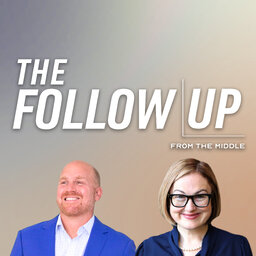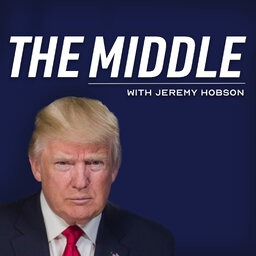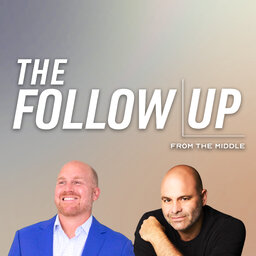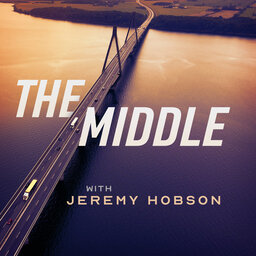Is democracy really at risk?
On this episode of The Middle we're asking you: is democracy really at risk? We're joined by Clemson University history professor Vernon Burton and political commentator Andrew Sullivan. The Middle's house DJ Tolliver joins as well, plus callers from around the country. #Trump #democracy #constitution #inauguration #2025
In 1 playlist(s)
The Middle with Jeremy Hobson
The Middle with Jeremy Hobson is a national call-in talk show focused on bringing the voices of Amer…Social links
Follow podcast
Recent clips

The Follow Up: Fear in Trump's First Year, Michigan and the Midterms
22:56

One year of Trump: How are His Policies Affecting You?
49:39

The Follow Up: Minneapolis, Maduro’s Capture, and the First Days of Mamdani
26:52
 The Middle with Jeremy Hobson
The Middle with Jeremy Hobson